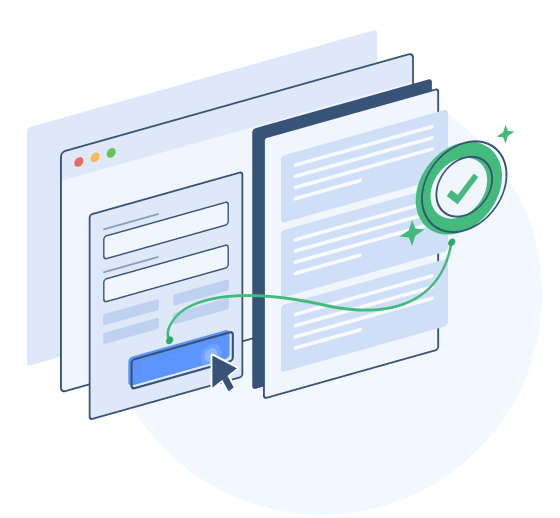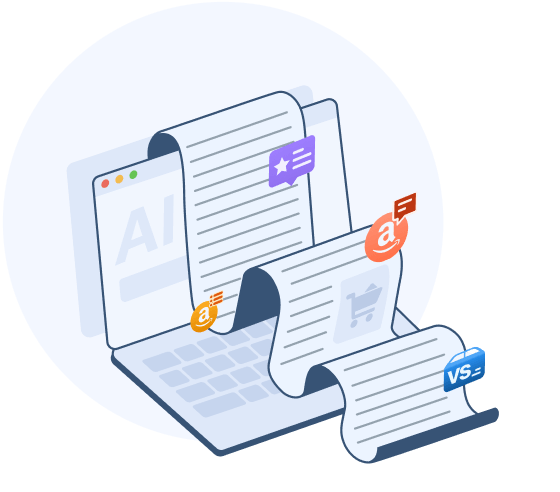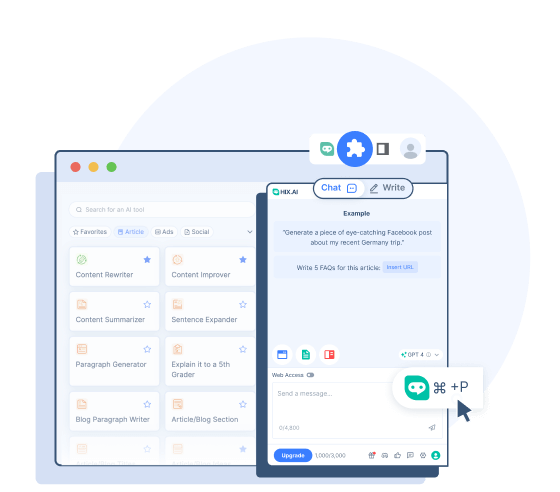
Since its early demo launch in November 2022, ChatGPT, has been the talk of the proverbial town. Amazingly, it took just two months for ChatGPT to reach its staggering 100 million users, and it achieved 1 million users within its first week of public availability. With over 100 million users today, ChatGPT is predicted to generate 200 million USD in revenue by the end of this year.
However, despite its immense popularity, many users are unaware of who the masterminds behind ChatGPT are. In this article, we will explore these intriguing aspects and more.
No Matter Who Owns ChatGPT, You Have Access to It
Irrespective of ownership, you now have the incredible opportunity to access ChatGPT without registration anytime, right at your fingertips.
Who Created ChatGPT?
For everyone wondering who made ChatGPT, there is truly no straightforward answer. As with most groundbreaking inventions, it takes a village to get something this monumental off the ground. However, it’s easiest to start with the question, ‘What company owns ChatGPT?’
ChatGPT is owned by OpenAI, an artificial intelligence research lab based in the United States’ famed Silicon Valley that was established back in 2015. The team of researchers and engineers at OpenAI, led by CEO Sam Altman, have been collectively working together to make ChatGPT what it is today.
One of the original founders of OpenAI is none other than the controversial billionaire and owner of the popular social media platform X (formerly known as Twitter), Elon Musk, although he is no longer involved in the organization. Sam Altman came on board when the company shifted from a non-profit to a for-profit organization and is believed to be the primary creator of ChatGPT’s success.
When Did ChatGPT Come Out?
While the version of ChatGPT that we all know and love today was released in November 2022, there were actually several iterations of the GPT tool, initially launching back in 2018.
The earliest model, GPT-1, was released in June 2018 and set the foundation for the model we interact with today. Consisting of 117 million parameters, its main accomplishment was using books to learn the patterns of language and predict the next word in a piece of text.
The improvement that followed in 2019, GPT-2, outdid its predecessor with 1.5 billion parameters and displayed the ability to generate multiple paragraphs of coherent text. June 2020 saw the introduction of GPT-3, a significant step forward with an impressive 175 billion parameters. This model could translate between languages, answer questions by generating factual information, write entire articles and even produce working computer code.
Finally, GPT-4 sealed the deal with 1.76 trillion parameters, enabling it to understand user intention, respond to humor, and give more accurate factual information.
With every advancement, it seems clearer that ChatGPT is not only here to stay but will soon become a seamless integration into modern society and into almost every occupation. And OpenAI, the ChatGPT creator, shows no sign of slowing down.
Who Owns Open AI?
OpenAI was founded in 2015 by Sam Altman, Elon Musk, Greg Brockman, Ilya Sutskever, Wojciech Zaremba, and John Schulman. While the company is still young compared to long-standing tech giants like Microsoft, Apple, and Samsung, it has quickly been named as the organization to watch as advancements in chatbot capabilities and artificial intelligence begin to grow at a rapid pace.
Currently valued at 29 billion USD, OpenAI has managed to raise roughly 11 billion USD in funding for its AI efforts over seven rounds of investment. Major players such as Microsoft continue to partner with OpenAI and invest billions of dollars in order to pursue the hidden potential of artificial intelligence capabilities.
Other investors include big names in tech, such as Reid Hoffman, the co-founder of LinkedIn, Jessica Livingstone, the founder of Y Combinator, and the multinational IT company Infosys.
One could argue that these investors partially “own” OpenAI, as they financially contribute significantly toward the organization and its technological achievements. However, OpenAI is listed as a privately owned company, so no one can say this for sure.
Does Microsoft Own ChatGPT?
While Microsoft and OpenAI have been partners since 2016, and while Microsoft does claim the title of biggest investor in the smaller tech laboratory, it would be incorrect to say that Microsoft “owns” ChatGPT.
After investing an initial 1 billion USD into OpenAI when their partnership was first announced, Microsoft poured an additional 10 billion USD into the organization’s efforts in January 2023.
And this deal doesn’t only benefit OpenAI. This close commercial partnership gives Microsoft timely access to OpenAI’s top-of-the-line technological achievements, enabling them to implement the most recent developments across their range of products and services.
An Alternative AI Chatbot
The groundbreaking invention from OpenAI, and their continual efforts to further develop this technology and explore its potential, has inspired other tech companies to contribute their skills and capital toward developing their own versions of the popular chatbot. However, some significantly outdo their competitors, and even arguably outperform ChatGPT itself.
HIX Chat, developed by HIX.AI, boasts the ability to generate more factually accurate and useful responses than ChatGPT. Powered by GPT-3.5/4, this advanced chatbot has web access that enables it to give responses to questions on any topic that are updated in real time.
Its capabilities include, but are not limited to, reading PDFs and webpages and giving detailed responses based on the contents, and summarizing YouTube videos. You can try it for free on the web app or through the browser extension.
To Conclude
There’s no denying that the creation of ChatGPT has changed the landscape of technology and artificial intelligence forever, and started humanity on a new path where human skills and the capabilities of computers intertwine. It’s worth keeping an eye out for the next release from OpenAI to see how they could possibly build upon their current innovation.



